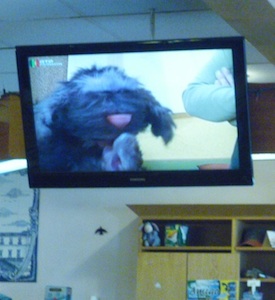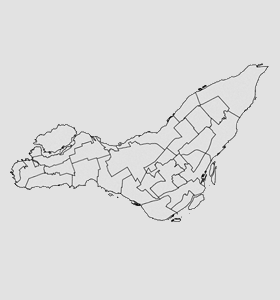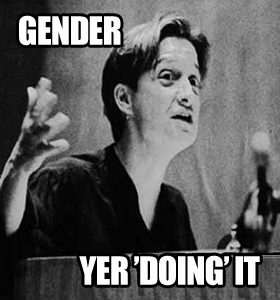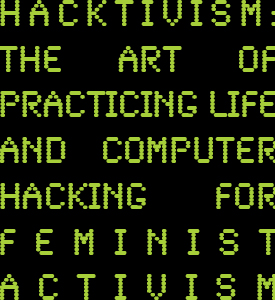Presentation
Presentation
Queers on the early Web found each other across cultural and material borders to create online identities, develop novel forms of pleasure, and create networked cultures. This idealistic era promised that homos and genderqueers would find emancipation in online communities, which would embrace our ‘true’ selves that we might otherwise hide in ‘real’ life. Twenty years after the birth of the modern Internet—in this era of Grindr, amateur porn, and selfies—such rosy prospects are now balanced by a sense of the limitations of the technologies that we have integrated into daily life. We are reticent of the online promise to transcend our offline selves—raced, sexed, classed, and gendered as they are.
Presentation
Issue 31 of .dpi is an extension of the article “Musique et politique, pratiques de femmes”, published in issue 27. It further examines the relationship between music and the social sciences. Contributors explore political, societal and cultural issues through a focus on the music created by women, minority groups and members of the queer community. Infused with personal meaning, the articles in this issue provide an engaging look at Aboriginal, improvised, electronic, electroacoustic and traditional music.
Presentation
The advent of the information age and the spread of Internet connectivity opened a new, albeit virtual, frontier. An era in which the gender barrier could be breached and more egalitarian social relations could be forged appeared on the not-so-distant horizon. Life on the screen promised the malleability of identity—the self-construction of the self.
Presentation
Issue 29 of .dpi explores intersections of art, activism, and feminism in Montreal over four decades, from the founding of La Centrale Galerie Powerhouse in 1974 to contemporary practices in 2014. This issue considers local networks and histories, and aims to situate these in wider contexts of feminist discourse. In this collection of articles, .dpi editors present a selection of projects, actions, and movements that contribute to telling a history of socially engaged art practices in Montreal.
Presentation
“Sex is biologically assigned; gender is culturally constructed.” This was the first lesson on gender I learned from (white male) media studies teachers in high school. I was coming of age at a time when I saw more images of sex on the web before I had ever had sex, but I still went clubbing, sang karaoke, and watched porn curiously. I loved Britney Spears sass and music as much as I hated her for being puppet to the pop industry’s celebration of raunch.
Presentation
Life is hacking. And hacking is the art of constantly learning about the artifacts that surround us throughout our lives. For instance, a child practices hacking all day long by touching, exploring, tasting, smelling, breaking things. A child approaches every leaf, piece of wood or spinning-top with a sense of curiosity and concentration. This is the art of practicing Life through hacking as a value and a principle of learning and doing.






